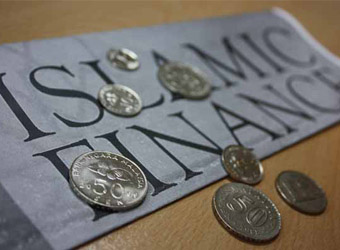Dubai expects to publish in one or two weeks new standards for issuing and trading Islamic bonds, which it hopes will become adopted globally, a senior financial executive in the emirate said on Tuesday.
“The standard is there, up and running, if anybody wants to have it adopted,” Essa Kazim, chairman of bourse operator Dubai Financial Market (DFM), told Reuters.
Kazim, who on Jan. 1 will also become governor of the Dubai International Financial Centre, the emirate’s tax-free financial zone, said the standards would be published “in a week or two”.
In January this year, Dubai launched a drive to develop its Islamic business sector and said becoming a centre for sukuk issuance and trading was a key part of the plan.
New global issuance of sukuk has grown rapidly for most of the past several years and is projected to hit $237 billion in 2018, up from an estimated $100 billion this year, according to a Thomson Reuters study released this month.
But the expansion of the market has sometimes been slowed by disputes between scholars, issuers and investors around the world over what types of debt structures are religiously permissible. Sukuk do not pay interest and are structured to offer investors returns in other ways.
Dubai hopes that by introducing clear, detailed standards for sukuk and convincing global investors that they obey the letter and the spirit of Islamic rules, it can attract more international business to its market, which competes with other centres such as London and Kuala Lumpur.
Last year, only several billion dollars worth of sukuk were listed on Dubai’s exchanges, but this year the emirate has encouraged state-run companies to list domestically.
Kazim said he expected a total of $16 billion worth of sukuk to be listed in Dubai by the end of this year, and that new regulations would support the listing of Islamic bonds in currencies other than U.S. dollars and United Arab Emirates dirhams, which are already permitted.
He did not give details of the new standards, but in February Mabid Ali Al-Jarhi, a member of the board overseeing Islamic business at DFM, said they would be more explicit than standards used elsewhere on whether sukuk structures – including controversial ones such as tawarruq – were permissible.
Kazim also said Dubai had finalised a new set of standards that fund managers could use to determine whether equities complied with Islamic principles. He did not elaborate.
Source: Reuters


